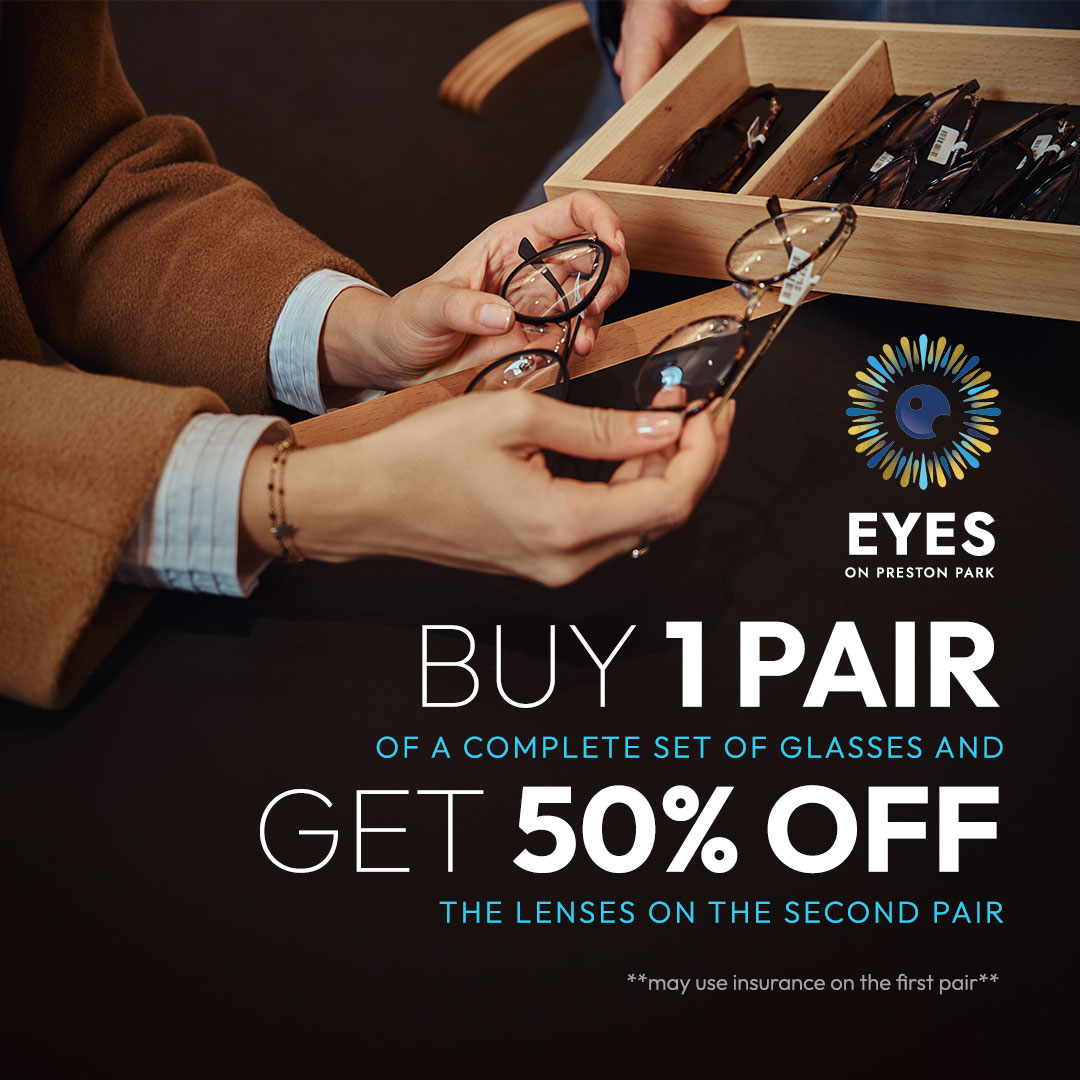Whether to wear contacts or eyeglasses for vision correction will depend on your personal preference. When deciding, it would help to consider factors such as budget, convenience, comfort, aesthetics, and lifestyle.
It is essential to know that one option is not necessarily better than the other when considering vision and eye health. Finding out the pros and cons of each will help in making the decision.
Choosing Eyeglasses
Many people choose eyeglasses for their convenience and ease of use. You can wear and remove your glasses as often as you wish throughout the day. Eyeglasses are usually more affordable than contacts and are easier to clean. The fact that they do not touch the eye means they are less likely to cause an infection.
Advantages (A) and Disadvantages (D) of Eyeglasses
- A - Eyeglasses can improve comfort and vision by adjusting the amount of light that enters the eye.
- A - You do not have to touch the eyes when wearing glasses, reducing the risk of irritation.
- A - You can use eyeglasses to make a fashion statement and reveal your personality.
- A - Eyeglasses can help block harmful UV rays. They also block wind, debris, and dust.
- A - Glasses are relatively affordable.
- D - Glasses sit a distance from the eyes and can cause distortions in peripheral vision.
- D - Eyeglasses can change the appearance by hiding some facial features and detracting from aesthetics.
- D - Frames can exert pressure behind the ears and nose, which can be uncomfortable.
- D - People with strong prescriptions usually require thick lenses that can be unappealing.
- D - Eyeglasses can be affected by weather elements and can fog up, blurring vision.
Choosing Contact Lenses
Contact lenses are worn directly over the eye. It means you can correct your vision problem without anyone needing to know about it. There are different lens designs to cater to various vision or eye conditions. You can even get contact lenses to change the shape of your cornea as you sleep.
Advantages (A) and Disadvantages (D) of Contact Lenses
- A - Contacts sit directly on the eye, which means peripheral vision is unobstructed.
- A - You can participate in sporting and other activities without the risk of breaking or falling off.
- A - You can use contacts to change the color of your eyes.
- A - You do not have to worry about your eyewear clashing with your outfit.
- A - Unlike glasses, contacts do not fog up during cold weather.
- D - Wearing contact lenses can be problematic for some people.
- D - The amount of oxygen reaching the eyes can be reduced, causing dry eye syndrome.
- D - Contacts are high-maintenance. They require daily cleaning and lens care to prevent the risk of eye infections.
- D - Extended lens wear can cause the eyes to be red, dry, and irritated.
Choosing Between Contacts and Glasses
Consider your preference when choosing between contacts and glasses. Consider factors such as your lifestyle and whether you require vision correction. If you choose to wear contacts full-time, you will need glasses to wear when you want to take a break.
You need an updated prescription to wear corrective lenses. Prescriptions for contact lenses are different from those for eyeglasses.
For more on contacts and glasses, visit Eyes on Preston Park at our Plano, Texas, office. Call (972) 519-0006 to schedule an appointment.













